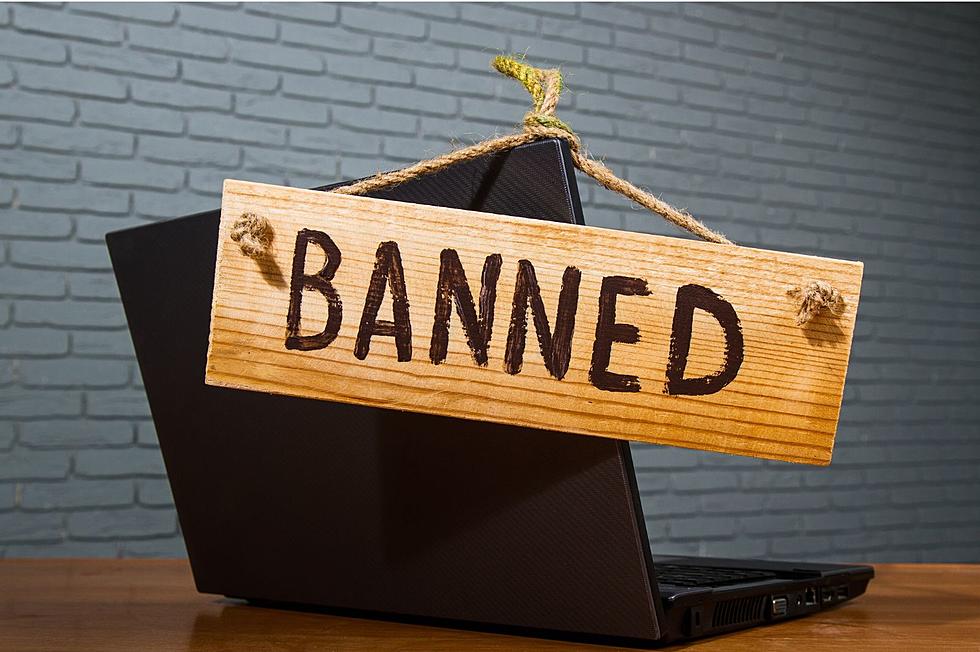
Don’t Be The Victim of An Online Hoax
You might find this hard to believe but a Nigerian prince does not really need your help in getting millions of dollars safely into America. Chances are very high that you have not won a foreign lottery. You grandson or daughter is probably not in a Mexican jail needed bail out money from you. Your bank will never email you asking for your account number and password because your account has been hacked.
These are just a few online hoaxes I get almost daily in my email or show up on one of the many social networks I frequent. So how can you tell the difference between what’s real and what’s bogus? Here are some tips and red flags I’ve learned over the last 15 years I’ve been on the Internet.
Watch What You Post
I realize you are excited about your upcoming trip to Hawaii but you’ve also told a lot of people that your home is going to be unoccupied for a number of days. That kind of information just might find it’s way into the hands of people who might like to relieve you of some of your valuable possessions. Post all the pictures and info about the trip when you return.
Don’t give your year of birth online. They have your name and date of birth and in some cases that’s all that’s needed to apply for credit cards or online loans. Post pictures of your kids, or talk about your kids but names and pictures should never be posted together. You are giving someone a way to identify your child and the ability to call him or her by name.
Some Tips to Watch For
No large company is going to help someone based on you forwarding or re-posting something. If they company wants to help someone they don’t need you to do it. Mostly these are scams trying to see if they can enlist your help to make the scam go viral. In other cases, as with email, they are just collecting email addresses to sell to others.
If the post or email says something awful will happen to you if you don’t re-post or forward it to ten friends that’s a red flag. Words on a screen will not cause good or bad luck.
Google is a great way to help in spotting a hoax. Examine the post or email for keywords. You might get a post or email that says, “The Atlanta Journal reported a story about Johnny Smith and his terrible medical condition.” Google the Atlanta Journal, Johnny Smith, and see what comes up. Chances are you’ll see some search results about this story being a hoax.
Some Final Thoughts
We are a very generous people. It’s in our nature to help others. If we see a post of someone in trouble our heart breaks for them and their situation. If the post is genuine then there should be confirming sources elsewhere online.
There are a couple of web sites that specialize in debunking and getting the real scoop on scams and hoaxes that are commonly used. Snopes.com is one that most people know. Urban Legends.About.com is another. The bottom line is simply to use common sense. Does the post really make sense? Is the post targeted directly at you? Don’t give out any personal information requested in an email. Don’t follow links in an email to your bank's home page. It’s easy to make a counterfeit duplicate page on the net. Keep passwords complicated and change them often. Information is power. Keep yours safe. Think before you act.
More From KMMS-KPRK 1450 AM









